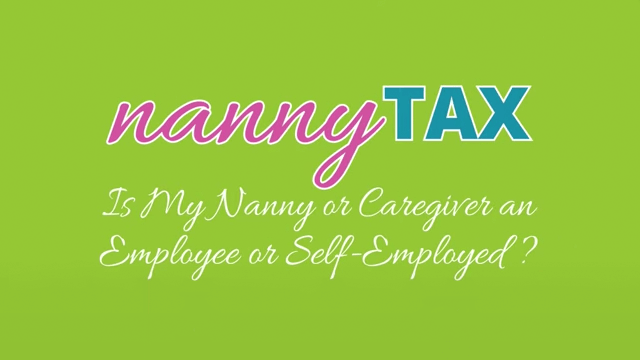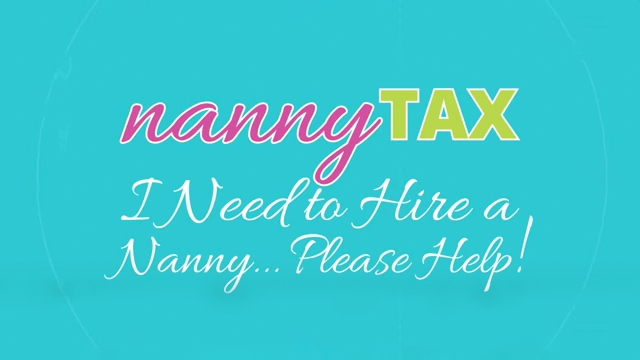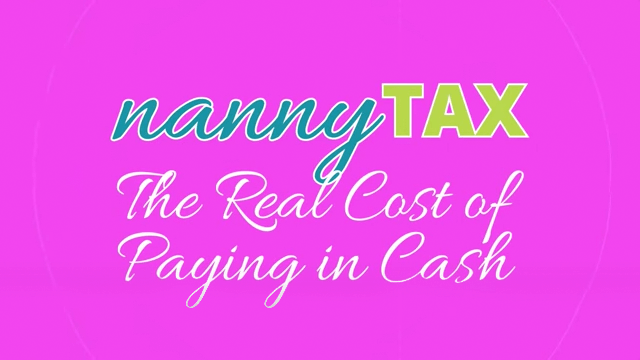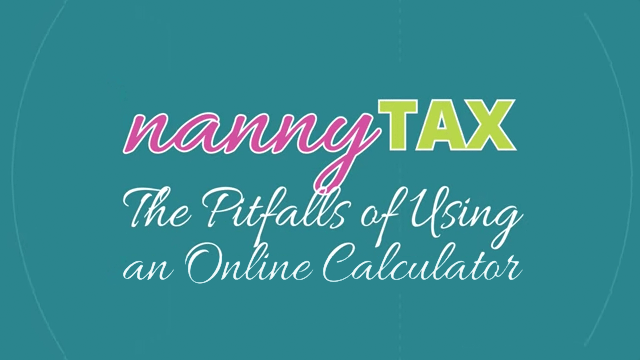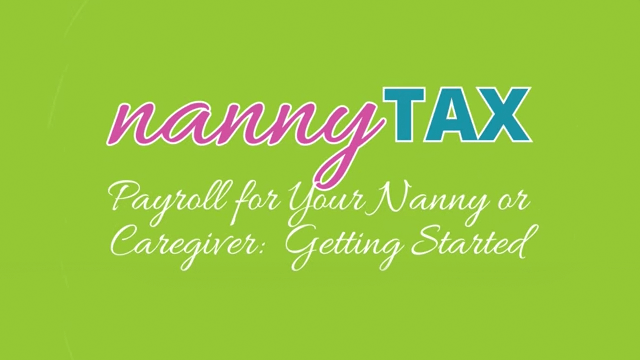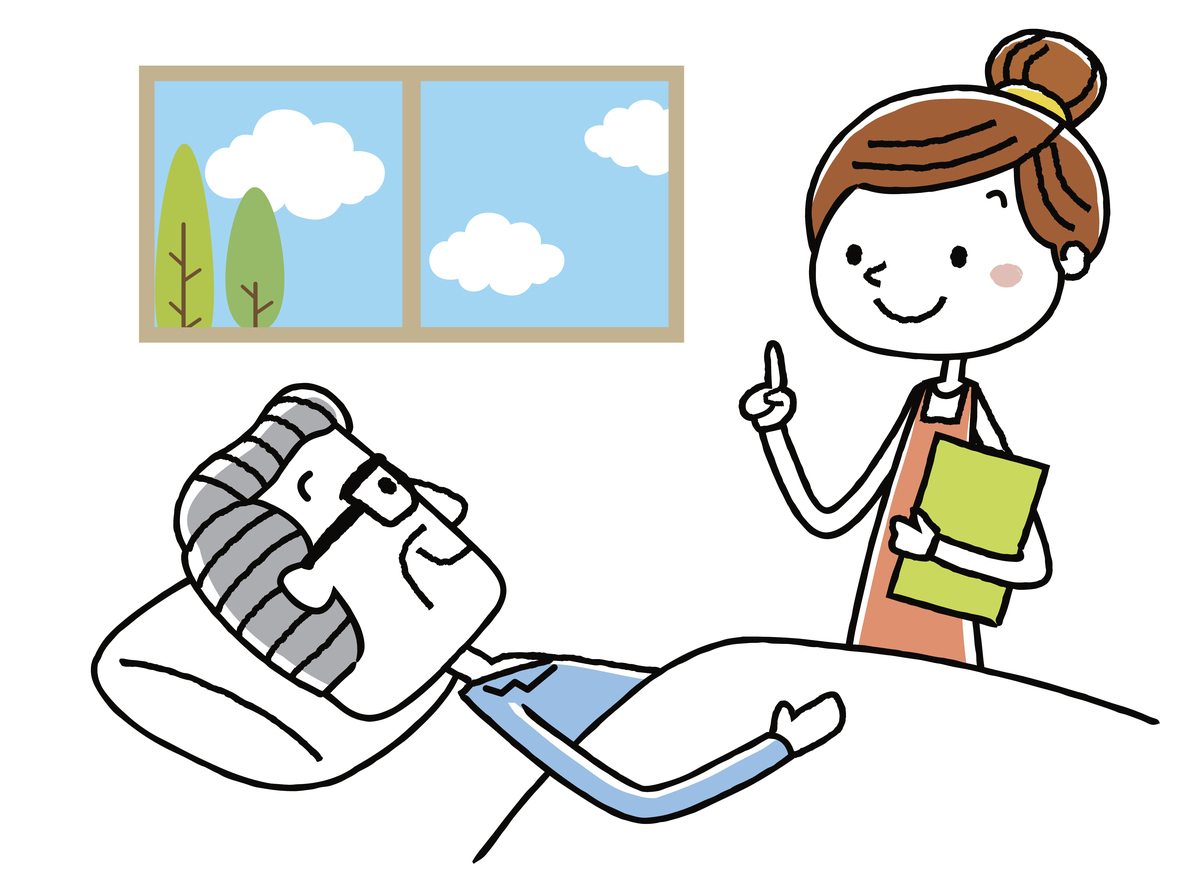
Convincing Your Elder They Need In-Home Care
Statistics Canada reports that 1 in 3 working Canadians are taking care of their sick, elderly loved ones—breeding stress, anxiety, and undue resentment.
The alarming trend has cost Canadians a total of $33 billion in lost wages and out-of-pocket spending, according to the CIBC.
The reality is, many elders don’t want home care. It signifies their loss of independence, and can be a crushing blow to their dignity. In fact, many elders are still as sharp mentally as they were as young adults, but their bodies are failing them, making the process even more frustrating.
But convincing your elder they need professional in-home care is a must for your mental and financial health, as well as their physical health.
Be Proactive and Keep Them Involved
If you wait for a medical emergency to be a catalyst for talking about home care, you’ll likely be met with steadfast resistance. After all, your elder is already under the extreme duress caused by a traumatic health event and will likely be in a negative state of mind.
Talking to your elder while they’re in good health will keep them involved in the discussion. It could be as simple as requesting a need for a housekeeper or a driver. They won’t feel like anything is being forced upon them. Instead, it will be a natural progression into more consistent and direct in-home care, and a chance to finally relax after years of hard work.
Slow and Steady Wins the Race
Going from zero care to a 24/7 home-aide would be jarring for anyone. Your loved one is already experiencing a litany of changes to their health and lifestyle.
It’s best to gradually introduce any home-aide, making future transitions seamless. Start with short home visits, and slowly but surely turn them into full-time care as your elder establishes trust and rapport with the worker.
You Can’t Protect Them from Everything
You can’t prevent all bad things from happening, and if you’re breathing down your loved one’s neck, they will be less receptive to your suggestions. You’ll also create undue emotional stress for yourself.
Sadly, it may take a bad fall or a day or two of missed meals for your loved one to realize they need a home-aide. If you’re always around making sure everything is alright, then why would they think they need anyone else in their home?
Convey Your Message Through Someone Else
Remember, you’re still just a child to your elder—and like most, they’ll have a hard time taking advice from their juniors. Bringing in a professional whose expertise lies is dealing with strong-minded seniors would likely be a more effective means to communicate your message.
If not a professional, perhaps it could be the words of an old friend, since they’d be around the same age and would have similar struggles, making them more relatable and credible.
Once you come to an agreement on in-home care for your elder, NannyTax is a payroll service specializing in calculating and paying payroll tax for employers of caregivers, nannies, and other domestic help. We calculate salary, wages, annual bonus, vacation pay, stat holidays, and anything else you may require.
Start your free trial with NannyTax today!






